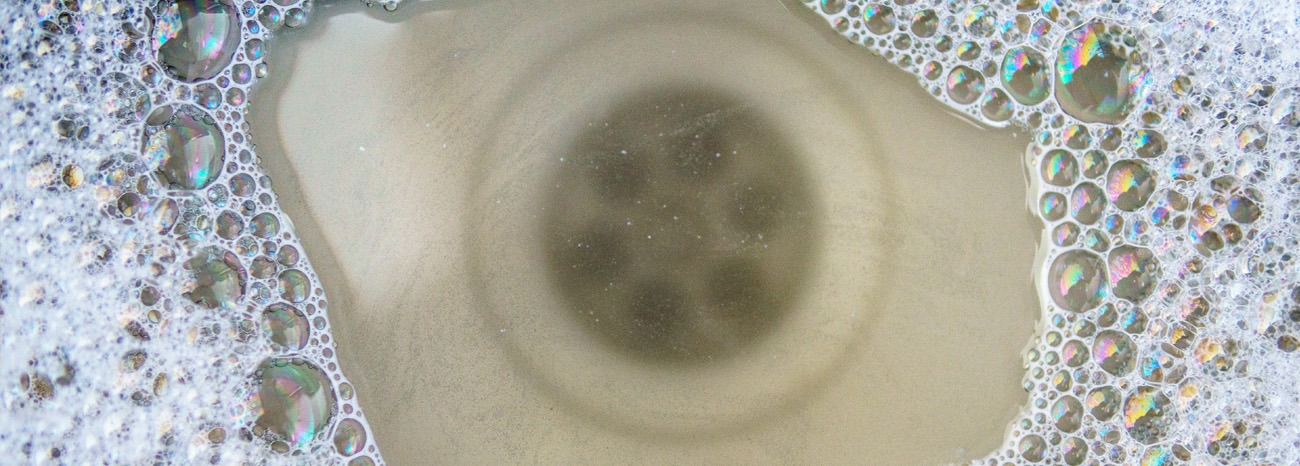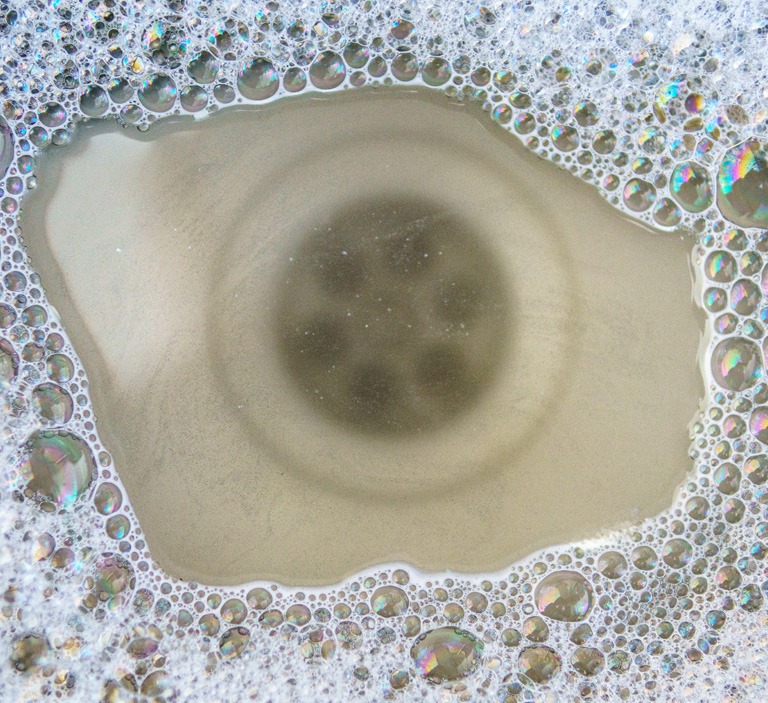You’re in a hurry to get ready for the day, send the kids to school, and go to work when suddenly you notice something. A clogged drain. Life gets busy, so you might have ignored the telltale signs of slow drainage and gurgling pipes.
Your drains handle everything you send down them, all that water, hair, and grease. It’s perfectly normal that drains will clog from time to time.
The best way to avoid clogged drains is to get in the habit of scheduling regular drain cleaning and maintenance. It’s essential for the proper functioning of your plumbing system.
But for now, let’s take a look at the best methods to clear a clogged drain. We’ll look at the variety of options available and consider the pros and cons of each.
Common Drain Blockages
Before we get into the best drain clearing methods, we need to be aware of the different types of blockages to be looking for.
Foreign Objects
This blockage is caused by the typical – and unusual – things that make their way down the drains in your home or commercial property. The most common cause of a clogged drain is a build-up of hair, grease, food waste, and soap. Drains can also be clogged by “flushable” wipes, feminine hygiene products and other paper products that are too hefty for the pipes to handle.
Tree Roots – Tree roots can make their way into your pipes through hairline cracks, eventually growing and creating a blockage.
Misaligned & Incorrectly Installed Pipes – Sometimes the pipes used for underground drainage weren’t installed correctly or weren’t the right kind of pipe for underground use. In either case, this can lead to a leak and eventually a blockage.
Pipe Collapse – The pipes leading from your property to the municipal sewer hook-up will lose their rigidity over time. Eventually they will break or collapse.
Soil Settlement – Water moves through your pipes thanks to gravity. This is helped by the practice of installing underground pipes on a particular slope. As soil settles, these pipes can shift leading to what’s known as a “negative slope” and, you guessed it, a blockage in the flow of water through your pipes.
Drain Cleaning Methods
If the clog you’re dealing with isn’t resolved by the drain cleaner you picked up at the grocery store, it’s time to bring in a professional plumber.
A plumber will use one of these three common methods:
- Drain Snaking
- Hydro Jetting
- Chemical Drain Cleaners
Drain Snaking
You’ll want to leave this to the professionals not only because it requires training and experience to avoid causing damage to your plumbing system but it’s also messy and can be time consuming.
This process involves utilizing specialized tools to tackle stubborn blockages. During drain snaking, a skilled professional guides a long, flexible cable with a hook on the end into the clogged drain, effectively removing the obstruction.
It is essential to entrust this task to professionals for several reasons. Firstly, their training and experience ensure that they can navigate your plumbing system without causing any damage. Additionally, this process can be messy and time-consuming, further emphasizing the importance of relying on experts to handle the job efficiently.
Hydro Jetting
Hydro jetting is a newer means of clearing a clogged pipe. It works similarly to drain snaking but uses a high pressure stream of water to break through and flush out the clogs.
Pros of hydro jetting include its effectiveness and safety for the plumbing system. Hydro jetting also cleans the interior of the pipes, removing any built-up debris which lessens the likelihood of future clogs.
At the same time, this method isn’t likely necessary for minor blockages and may not be suitable for older plumbing systems or pipes with weakened areas.
Chemical Drain Cleaners
Chemical drain cleaners are a popular choice because they are affordable and readily available. They work by breaking down the blockage with the chemical heat generated by the combinations of their ingredients, most commonly sodium hydroxide or sulfuric acid.
These cleaners are most effective against minor clogs caused by a build-up of hair, food or grease.
The downside is that they are often not as effective as other methods, especially in cases of stubborn blockages. They can also be dangerous if not used properly. They can be hazardous to the person using them and, when used for a long time, they can cause damage to your plumbing system. And they are not environmentally friendly.
Professional Drain Cleaning Methods – A Comparison
When comparing traditional drain cleaning methods, hydro jetting, and chemical drain cleaners, several factors should be considered, including effectiveness, safety, and cost.
Types of Clogs
Minor: Chemical Drain Cleaners; Drain Snaking
Major: Drain Snaking; Hydro Jetting
Effectiveness
Hydro jetting is the most effective, but not necessary to use in clearing minor clogs. The traditional methods – drain snaking – are the next most effective method, followed by chemical drain cleaners.
Safety
All methods require attention to safety.
When chemical drain cleaners are used, great care must be taken to avoid direct contact. If you are sensitive to fumes and will be in the same area for an extended period of time, it’s recommended to open a window or ensure some type of ventilation.
Drank snaking or hydro jetting are best left for professional use. Professional plumbers know how to use these tools to avoid damage to your plumbing system.
Professional or DIY – Which Way is Best?
Choosing a DIY method to clear a blocked drain is tempting. But you want to consider a few things:
DIY is not as effective as professional methods.
DIY methods are generally less effective. Maybe they work for minor clogs. You may have a bigger plumbing problem and not even realize it.
Professional drain cleaning methods like hydro jetting and chemical drain cleaners are more effective than DIY methods. Hydro jetting easily removes the toughest blockages and debris, and chemical drain cleaners can quickly break down minor clogs.
DIY is not necessarily cheaper.
You might think you’re avoiding a large plumbing bill but if the problem keeps occurring or you do damage to your plumbing system, suddenly DIY is more expensive than calling a professional.
DIY isn’t safer.
Professional drain cleaning methods are generally safer than DIY methods because you aren’t risking exposure to the harmful effects of chemical drain cleaners. You’re also not taking a chance that you will damage your plumbing system. Professional plumbers are highly trained to handle these chemicals and equipment, minimizing their risk of injury or damage.
For minor clogs, DIY methods like a plunger might be all you need to solve the problem. But if the clog continues to happen it could be the sign of a more severe blockage or a symptom of an aging plumbing system. In those situations, calling a professional is the best choice.
Give us a call at 215.799.2019. Our plumbing professionals are glad to answer your questions and be of service.

